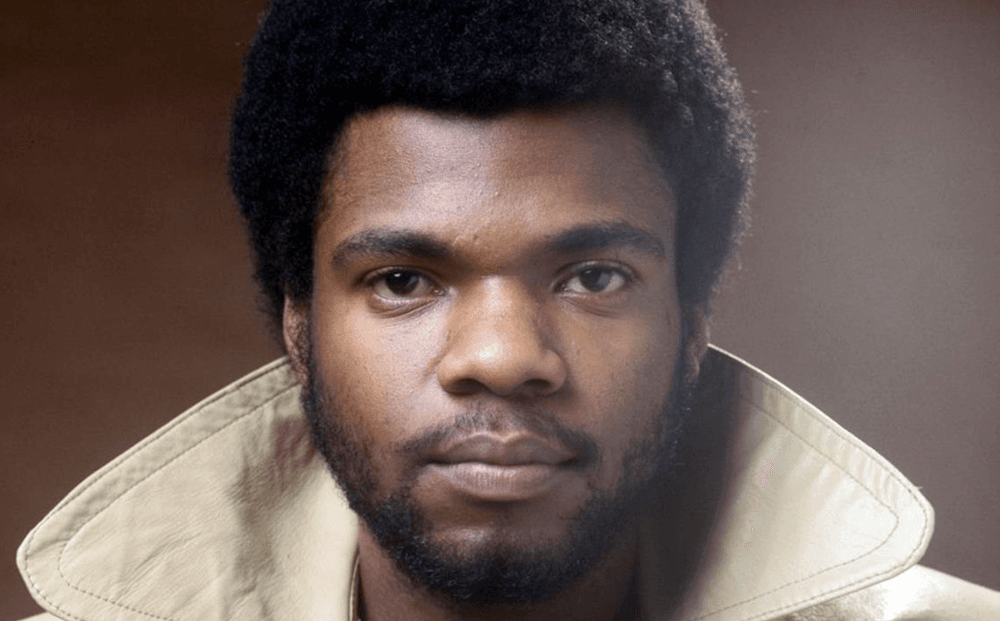
Will Europe and the Rest of the World Listen to Marco Rubio?
By LAWRENCE KUDLOW
|This article is from the archive of The New York Sun before the launch of its new website in 2022. The Sun has neither altered nor updated such articles but will seek to correct any errors, mis-categorizations or other problems introduced during transfer.


By LAWRENCE KUDLOW
|
By THE NEW YORK SUN
|
By THE NEW YORK SUN
|
By MARIO NAVES
|
By BRADLEY CORTRIGHT
|
By LUKE FUNK
|
By A.R. HOFFMAN
|
By BENNY AVNI
|Already have a subscription? Sign in to continue reading
$0.01/day for 60 days
Cancel anytime
By continuing you agree to our Privacy Policy and Terms of Service.